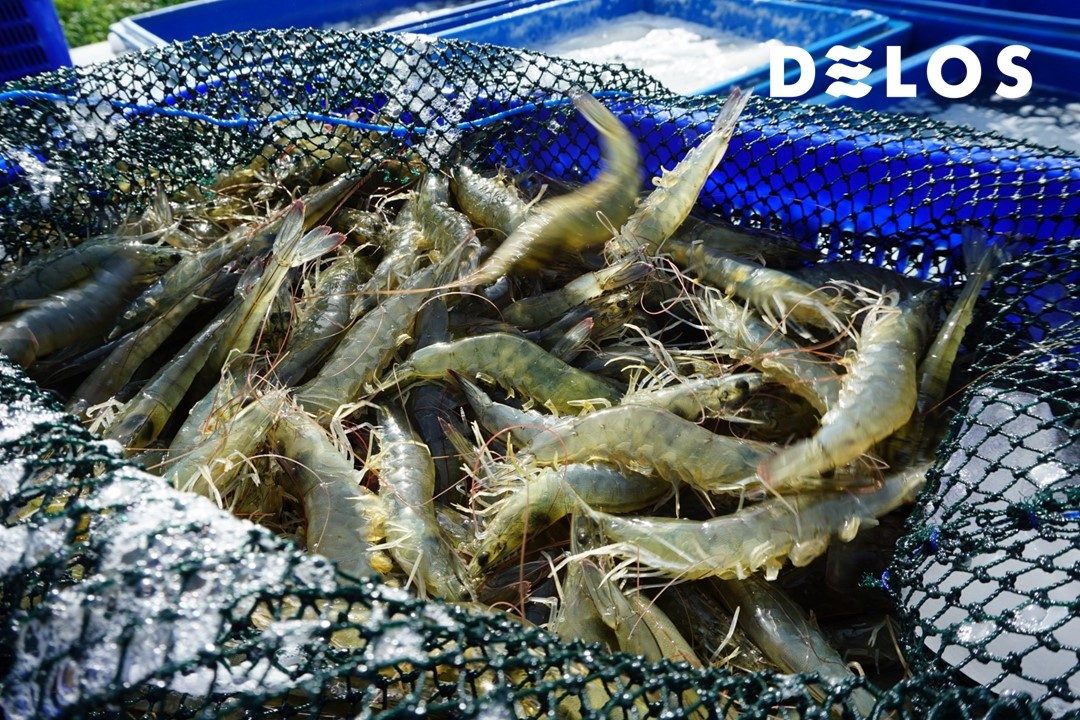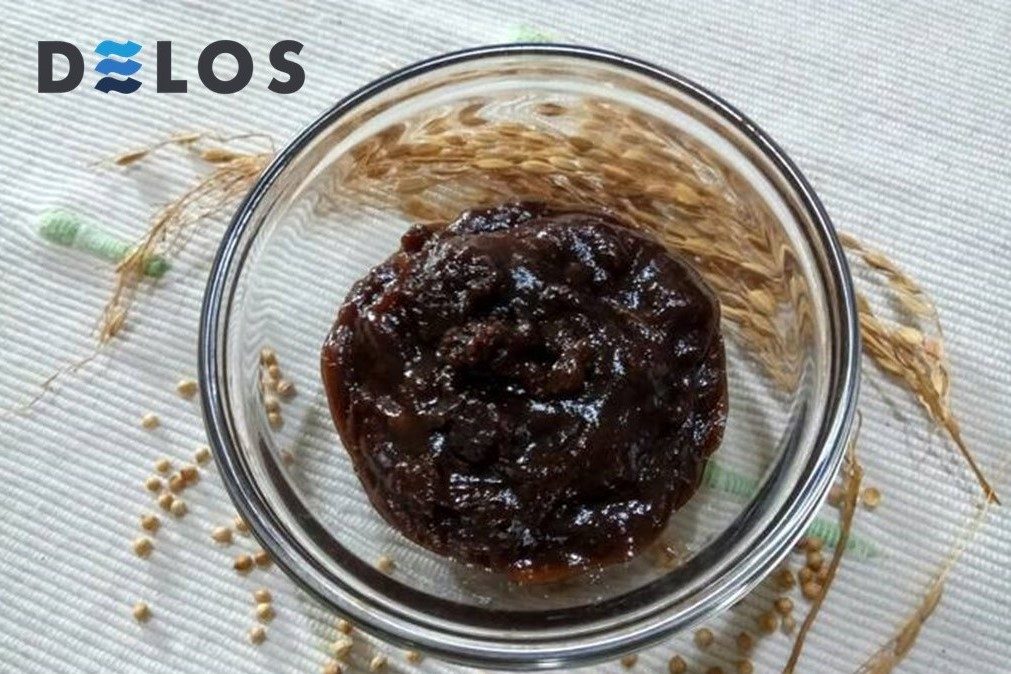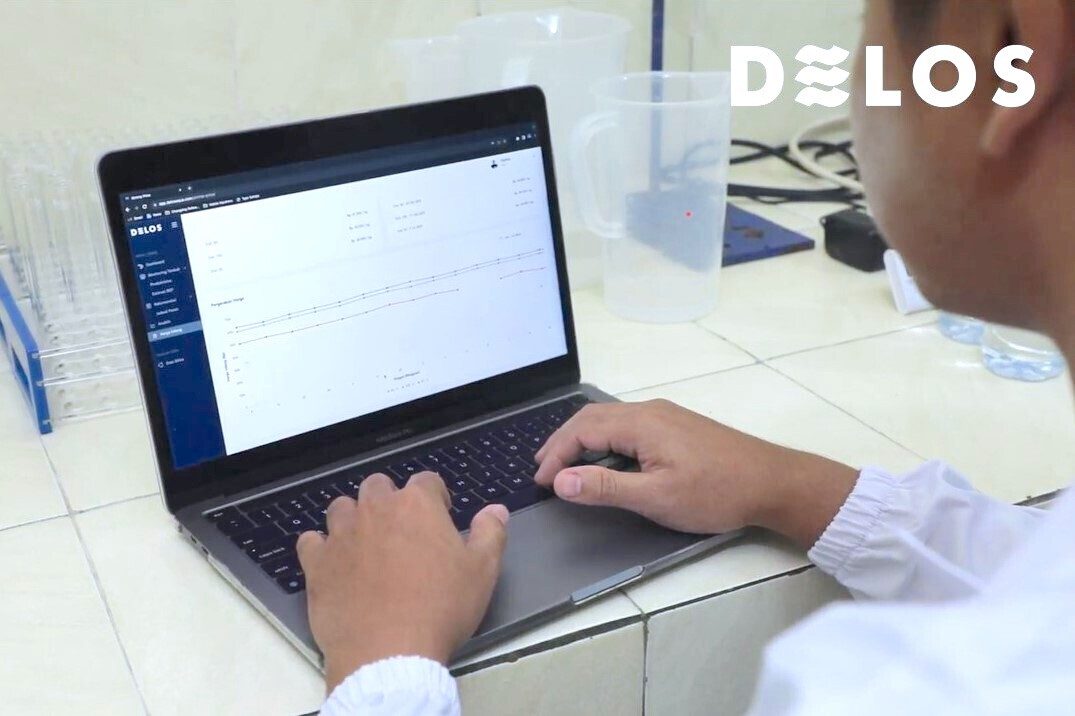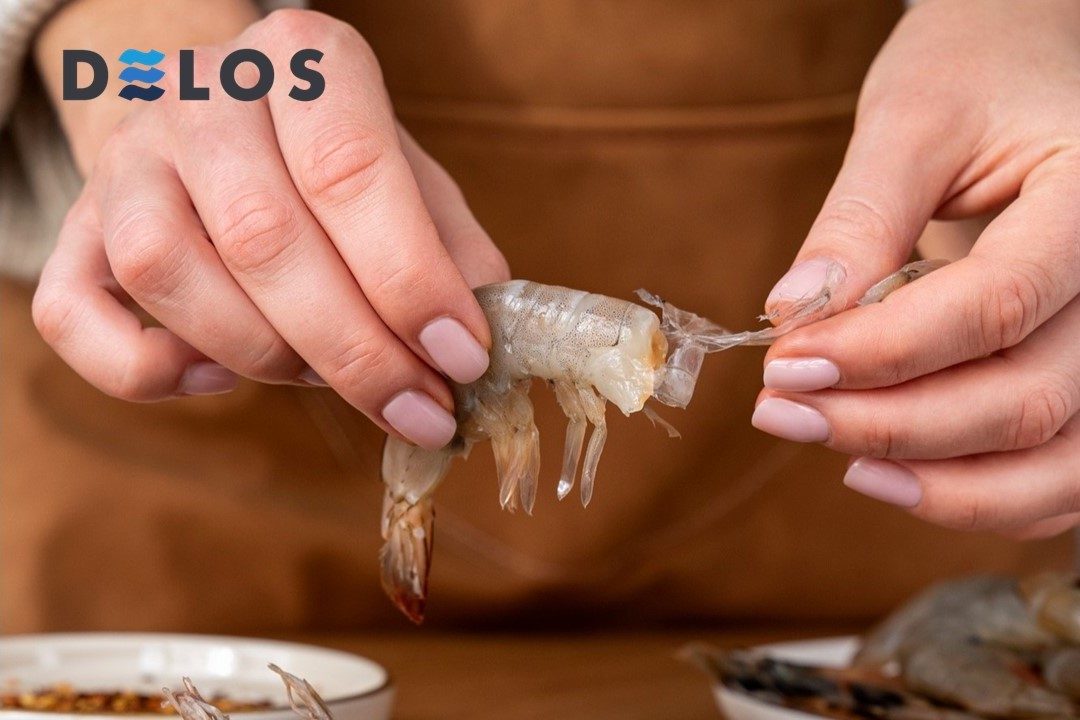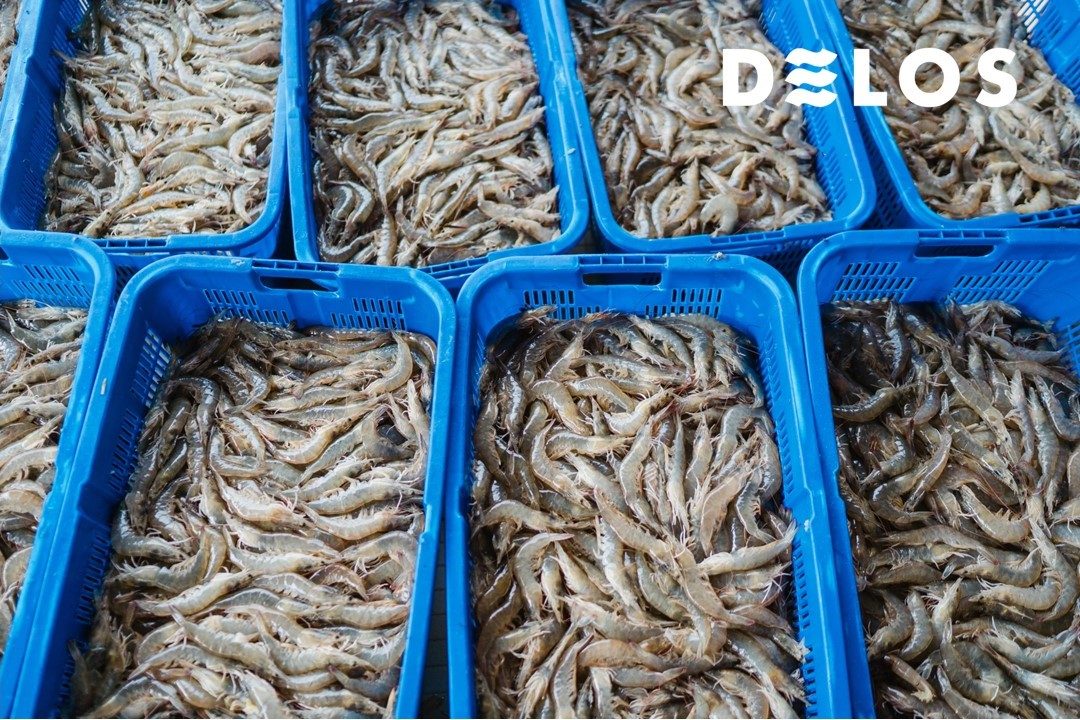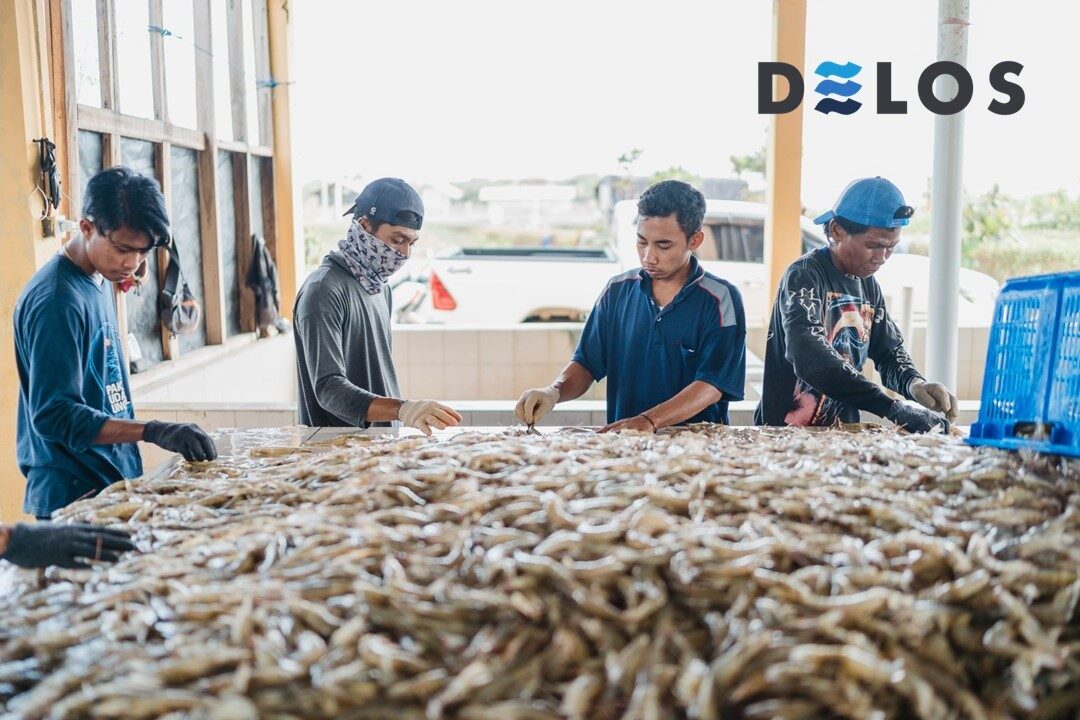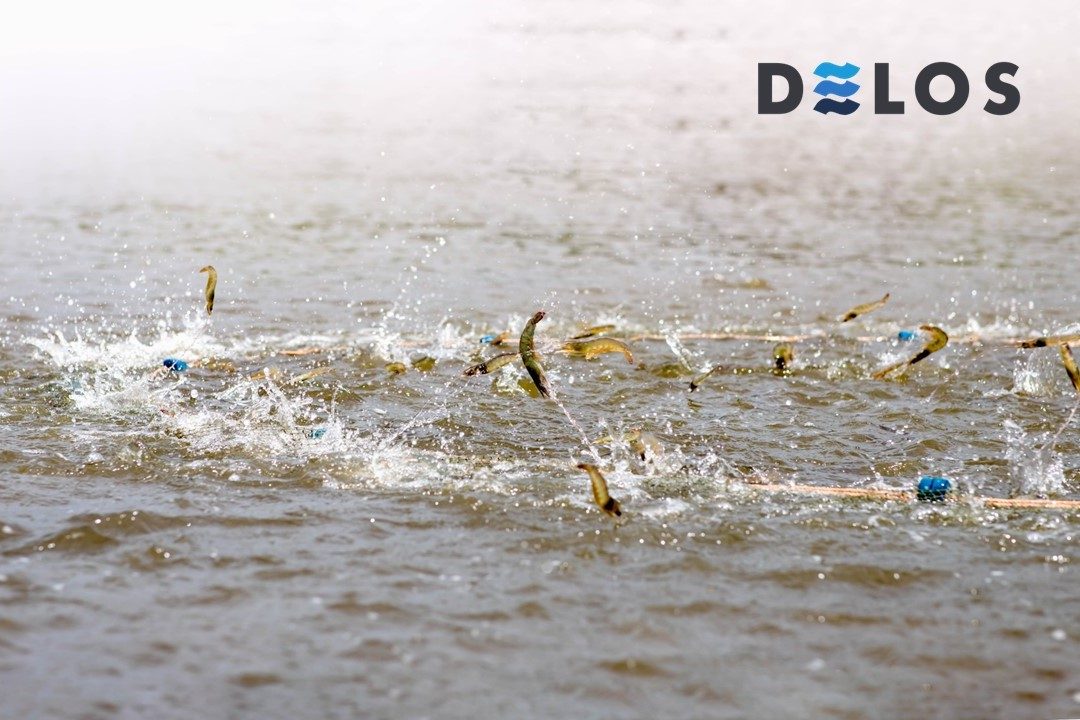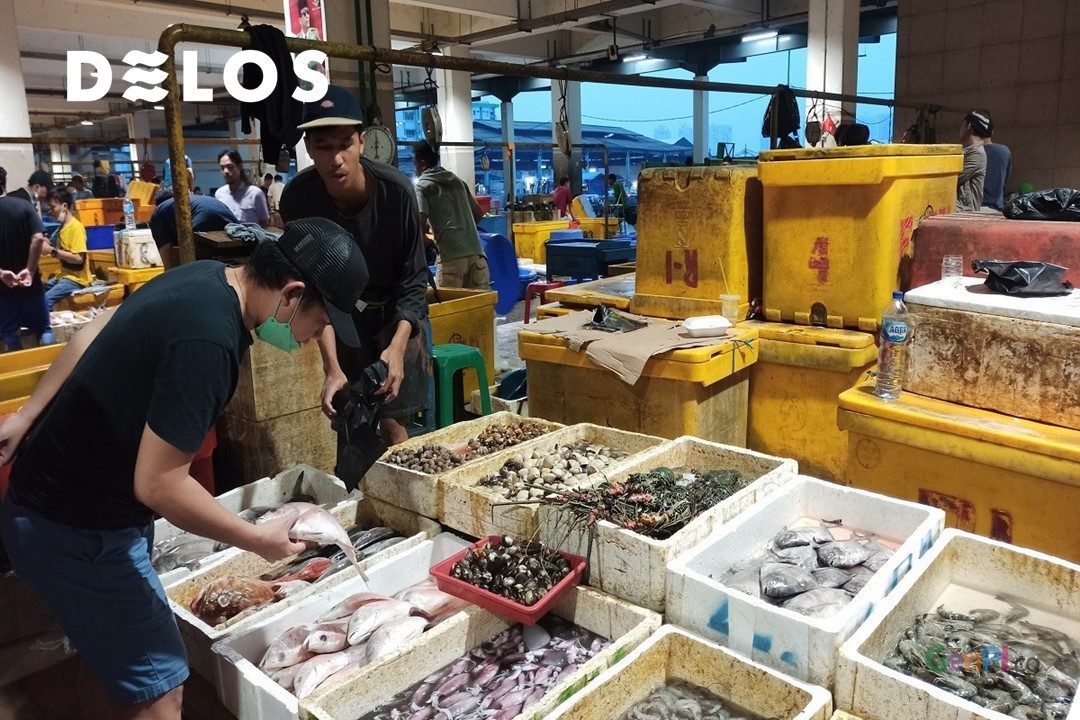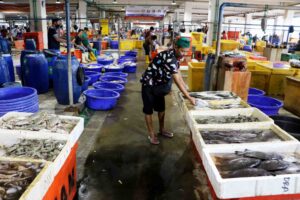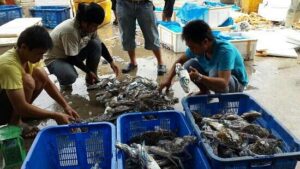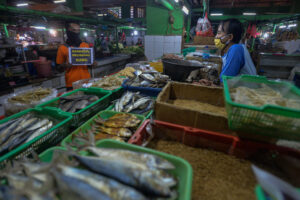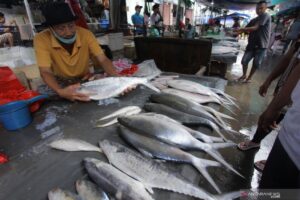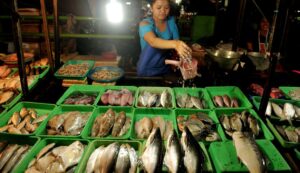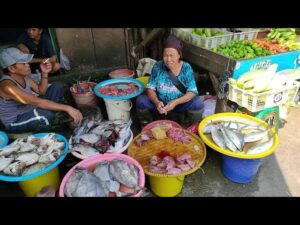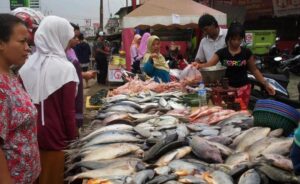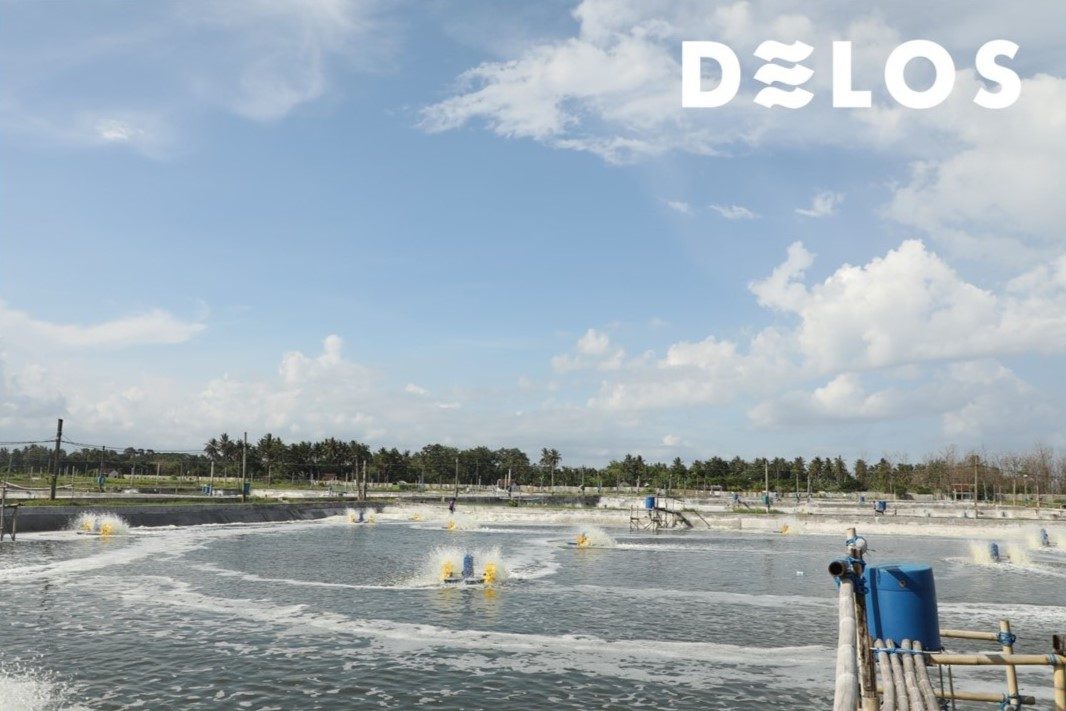Understanding the Term “Anti-Dumping” in Shrimp Export
In October 2023, Indonesia-United States shrimp export relations experienced tension due to accusations of anti-dumping violations leveled by the United States. Not only Indonesia, this accusation also affected other countries such as Ecuador, Vietnam and India. So, what exactly is the term anti-dumping in shrimp exports?
You may have heard the term anti-dumping in shrimp exports or other commodities. In the world of international trade, anti-dumping is one of the main concerns to prevent unhealthy competition among exporting countries.
In free global trade, some countries often engage in dumping as a strategy to dominate market share. This causes other countries to lose their market share and makes the competition unhealthy.
So, what exactly is meant by “anti-dumping,” and what are its impacts on shrimp exports? This article will delve deeper into that matter.
Also Read: What is the Projection for the Increase in Indonesia Shrimp Exports in 2024?
The United States Accuses Indonesia of Anti-Dumping Shrimp
In October 2023, Indonesia faced allegations of antidumping (AD) and countervailing duties (CVD) against its frozen shrimp exports to the United States market by the America Shrimp Processor Association (ASPA) through a petition they filed.
Indonesia’s shrimp subjected to these allegations are only frozen tropical shrimp, while fresh shrimp and breaded shrimp are not included. These allegations are not only directed at Indonesia but also Ecuador.
Based on data presented by CNBC Indonesia, the alleged dumping margin from Indonesia is between 26.13-33.95%. Meanwhile from Ecuador, it is 9.55-25.82%. Meanwhile, the alleged shrimp subsidy rates from Ecuador, India, Indonesia and Vietnam are above de minimis. The provisions are less than 1% for developed countries, and less than 2% for developing countries.
In response to this issue, the Ministry of Maritime Affairs and Fisheries (KKP) has prepared strategic steps based on careful studies and chosen international lawyers to represent the Indonesian Government in handling this case.
Furthermore, the KKP also accompanies mandatory respondents of AD and CVD along with lawyers appointed by each exporter to complete questionnaires from the US Department of Commerce (USDOC). This includes assistance and monitoring during the hearing process and argument presentation forums conducted by USDOC and USITC.
This is pursued by the KKP to encourage resolution steps so that these anti-dumping allegations do not harm Indonesia.
Preliminary Determinations in the Anti-Dumping Investigation of Frozen Shrimp from Indonesia
On March 26, 2024, the United States Department of Commerce announced preliminary affirmative determinations in the anti-dumping investigation of frozen shrimp from Ecuador, India, and Vietnam, and a preliminary negative determination in the anti-dumping investigation against shrimp from Indonesia.
Two Indonesian shrimp exporting companies are implicated in this investigation. Each has been assigned subsidy rates of 0.39% and 0.71% against the selling price of shrimp. This has led to grievances from several American shrimp companies and industries.
However, as of now, the investigation into this case has not yet concluded, and the U.S. authorities continue to conduct further inquiries.
The Term Dumping in International Trade
Market share competition in international trade is common among exporting countries. Producers and industry players will strive for innovation to gain and increase their market share. However, sometimes this leads to unhealthy trade competition.
One form of unhealthy competition in international trade is dumping. This is because dumping can harm and cause a narrowing of the market share of other producers. Additionally, dumping can also have negative impacts on micro-businesses in importing countries. Because of this, measures are taken to address it in anti-dumping policies.
Anti-dumping policies are used by the World Trade Organization (WTO) to resolve disputes and alleviate losses due to dumping practices in the destination country. Entrepreneurs or business associations of a country can file complaints against products sold below the cost of production, with the imposition of tariffs corresponding to the percentage of dumping done by the exporting country to counterbalance its economic impact.
Also Read: Tips for Providing Minerals for Shrimp Ponds
Impact of Dumping on Shrimp Export
Shrimp export is one of the trading sectors often targeted by dumping actions. This is mainly because the shrimp industry is quite large and economically important for many countries. The impact of dumping on shrimp exports can be significant, both for exporting and importing countries, namely:
1. Impact on Exporting Country
– Decrease in Export Volume and Revenue
Dumping actions can lead to restrictions or penalties on shrimp exports from certain countries, reducing the volume and revenue of exports for the exporting country.
– Market Uncertainty
Shrimp producers in exporting countries may experience uncertainty in the international market due to fluctuations in anti-dumping policies.
2. Impact on Importing Country
– Price Increase
If dumping actions lead to tariff increases or import restrictions, importing countries may face price increases for shrimp products, which can affect local consumers and industries that use shrimp as raw materials.
– Supply Dependence
Importing countries highly dependent on shrimp imports from certain countries affected by dumping may face supply dependence issues and seek alternative supplies from other sources.
Ethical and Economic Considerations
The implementation of anti-dumping in shrimp trade raises complex ethical and economic questions. On one hand, it may be seen as an effort to protect local industries and prevent unfair trade practices.
However, on the other hand, it can also become a barrier to free trade and hinder market access for producers from developing countries who rely on shrimp exports for their livelihoods.
Also Read: Does Shrimp Feed Need to Have High Protein Content?
Supporting the Increase of Indonesian Shrimp Exports with DELOS!
The term “anti-dumping” has significant impacts on both sides, both exporting and importing countries. While efforts to protect domestic industries may be a primary consideration, the impacts on international trade as a whole and the welfare of producers and consumers worldwide should also be considered. Therefore, a balanced approach is needed between protecting local industries and maintaining fair and sustainable trade.
Let’s support the increase of Indonesian shrimp exports with DELOS! DELOS, along with shrimp farmers, is committed to improving the quality of Indonesian shrimp and ensuring sustainable shrimp farming practices.
Join DELOS to support Indonesian shrimp exports. Visit www.delosaqua.com or contact contact@delosaqua.com for more information.



